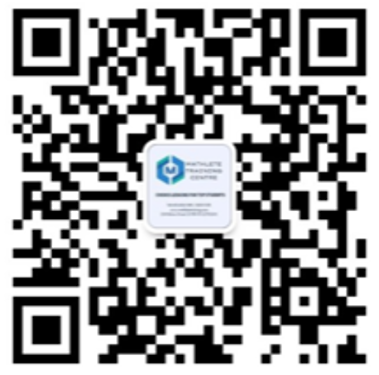
Mathematics is a fundamental part of human thought and logic, and integral to attempts at understanding the world and ourselves. Mathematics provides an effective way of building mental discipline and encourages logical reasoning and mental rigor. In addition, mathematical knowledge plays a critical role in understanding the contents of other school subjects such as science, social studies, and even music and art.
Why does mathematics hold such an important and unique place among other subjects? What is the significance of mathematics in the overall school curriculum? As a point of departure, this article offers a few thoughts on why mathematics is an important subject in the overall curriculum and how it contributes to preparing students in 21st Century Thinking.
- Mathematical literacy is a crucial attribute of individuals living more effective lives as constructive, concerned, and reflective citizens. Mathematical literacy is taken to include basic computational skills, quantitative reasoning, spatial recognition, etc.
- Mathematics is applied in various fields and disciplines, i.e., mathematical concepts and procedures are used to solve problems in science, engineering, economics. (For example, the understanding of complex numbers is a prerequisite to learn many concepts in electronics.) The complexity of those problems often requires relatively sophisticated mathematical concepts and procedures when compared to the mathematical literacy aforementioned.
- Mathematics encourages students to figure out the answers, rather than telling them
- Tasks about mathematical reasoning produce more lightbulb moments. Mathematical reasoning tasks encourage students to generate as many examples as possible. Teachers can encourage students to analyze them, and notice the patterns. What are the similarities? What are the differences? What conjectures can they test? That’s when the magic can happen as students experience the joy of discovery. By figuring out a maths problem on their own, students become genuinely more engaged and keen in mathematics.
- It prompts the students to engage in creative thinking. Creative thinking occurs when students generalize — noticing the relationships between common properties — and then create rules or conjectures that need to be tested. As students test these ideas, they need to think critically and convince others. Students start to justify, explaining why or why not and prove or disprove their ideas.
- Problem-solving and reasoning are two different things and both of them are encouraged through mathematics
Investigating real-world problems requires creative and critical thinking from students. But problem-solving should not be confused with reasoning. Students are thinking creatively when they interpret the problem and make choices about how to solve the problem. They think critically when justifying their interpretation of the problem and evaluating their solution.
- Creative and critical thinking as fundamental skills for the future.
We can’t predict the jobs we need to prepare children for, but we do know the skills that will equip them for success. Mathematics creates the foundation for creative and critical thinking in an academic setting. At work, and in life, problem-solving is a pretty important skill. So too is critical thinking. It’s what helps us explain things clearly, and support our ideas.

